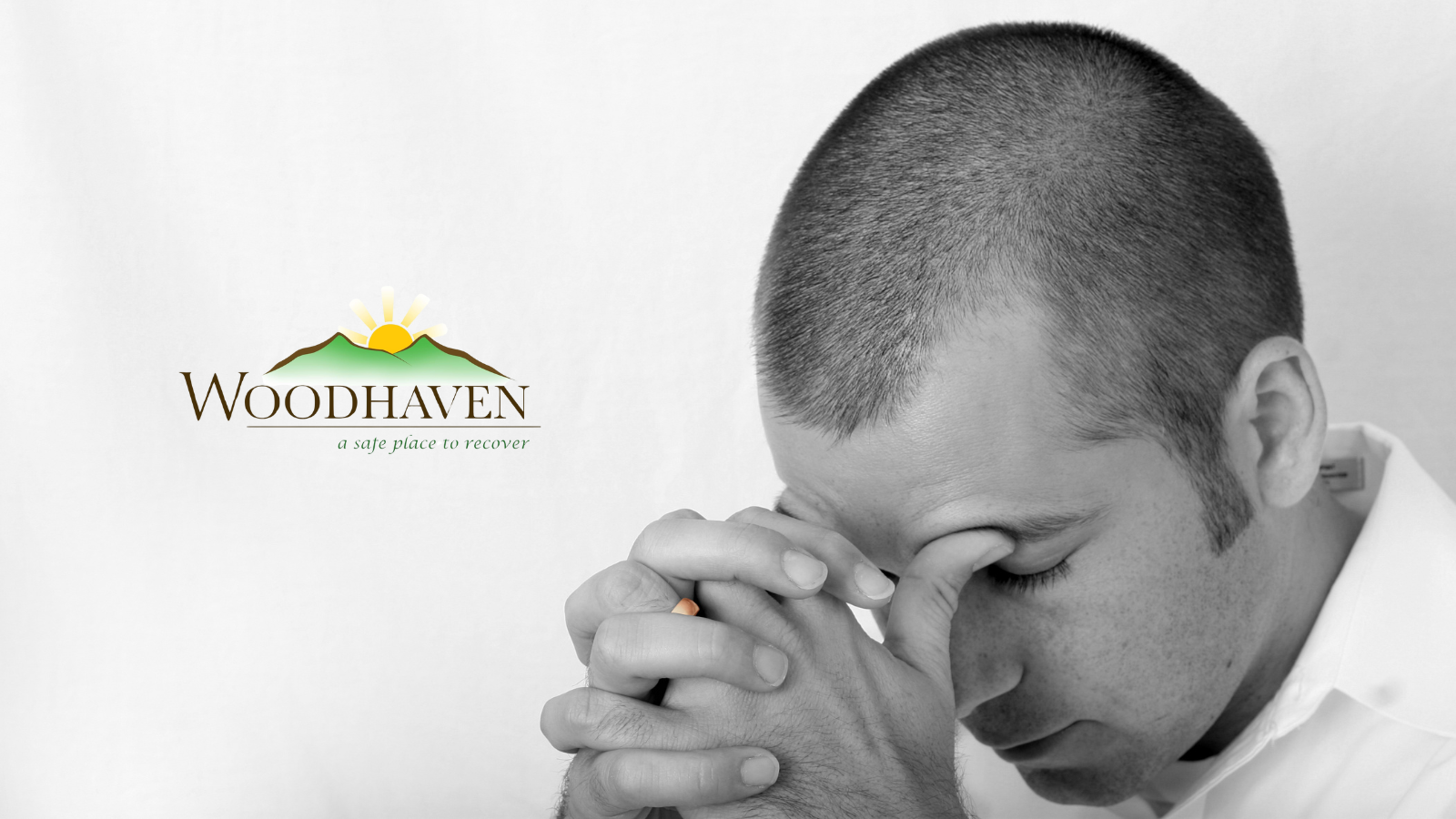How Seasonal Changes Can Impact Recovery: Tips for Staying on Track
Holidays and Recovery Challenges
The holiday season can pose unique challenges for individuals in recovery. Festive gatherings often include alcohol or other substances, and social pressures to participate can be overwhelming. Additionally, holidays may bring up complex family dynamics or emotional triggers tied to past experiences.
Maintaining sobriety during the holidays requires preparation and mindfulness. Strategies like setting boundaries, planning for potential triggers, and attending support group meetings can help individuals stay grounded. Leaning on a sober support network and having a clear exit plan for challenging situations can also be invaluable tools during this time.

The Psychological Impact of Seasonal Transitions
Seasonal transitions, such as the onset of winter or the arrival of spring, can bring about emotional highs and lows. These shifts often coincide with increased responsibilities, such as back-to-school stress in the fall or end-of-year work deadlines, which can exacerbate feelings of anxiety or overwhelm.
For those in recovery, it’s important to recognize these seasonal emotional patterns and address them proactively. Journaling, practicing mindfulness, or seeking therapy can help manage these fluctuations and prevent them from becoming relapse triggers.
Building Resilience Against Seasonal Triggers
Resilience is a vital skill for navigating the challenges that come with seasonal changes. The first step is identifying personal triggers, which may vary from individual to individual. These can include feelings of isolation during winter months or social pressures during holiday celebrations.
Once triggers are identified, developing tailored coping mechanisms is essential. For example, practicing mindfulness can help individuals remain present and grounded, while regular exercise can counteract the lethargy often associated with seasonal shifts. By preparing for and addressing these triggers, individuals can build a stronger foundation for their recovery.
The Importance of Routine in Seasonal Stability
A consistent daily routine provides structure and stability, acting as a safeguard against seasonal disruptions. Activities such as waking up at the same time each day, eating balanced meals, and scheduling regular physical activity help establish a sense of normalcy, even when external conditions are unpredictable.
Maintaining a routine also helps individuals stay focused on their recovery goals. Regular exercise, proper nutrition, and adequate sleep play critical roles in emotional and physical well-being, reducing the risk of relapse. A structured day keeps the mind engaged and minimizes the impact of seasonal challenges.
Leveraging Support Systems During Seasonal Changes
Support systems are essential for navigating the ups and downs that seasonal changes can bring. Peer support groups, therapy sessions, and sober allies offer consistent encouragement and accountability, regardless of the time of year. These connections help individuals feel less isolated and more equipped to handle challenges.
Staying connected to recovery groups year-round is especially important during difficult seasons. Whether attending meetings in person or participating in virtual communities, these networks provide a safe space to share experiences, seek advice, and reinforce the commitment to sobriety.
Adapting Recovery Goals to Seasonal Shifts
Seasonal changes can require adjustments to recovery goals to reflect new circumstances. For example, colder months may necessitate indoor activities to replace outdoor routines, while busy holiday seasons might call for smaller, more achievable goals to maintain motivation.
It’s important to set realistic expectations during challenging seasons and celebrate small victories along the way. Flexibility in goal-setting allows individuals to stay on track without feeling overwhelmed, ensuring that their recovery remains a priority no matter the season.
Exploring Seasonal Wellness Activities
Seasonal changes can be an opportunity to explore wellness activities tailored to the time of year. In colder months, practices like light therapy or yoga can combat the effects of limited sunlight and reduced outdoor activity. Creative outlets, such as painting or journaling, provide emotional release and a sense of accomplishment.
During warmer seasons, activities like hiking, gardening, or simply spending time in nature can promote mental and physical well-being. Embracing season-specific experiences helps individuals stay engaged and focused on positive growth throughout their recovery journey.
When to Seek Professional Help for Seasonal Challenges
There are times when seasonal changes may exacerbate emotional or psychological difficulties, requiring professional intervention. If mood changes persist, energy levels drop significantly, or cravings intensify, seeking help from a therapist or counselor can be crucial.
Professional support can provide tools and strategies to manage seasonal challenges effectively. Treatment centers can also offer specialized programs to address these needs, ensuring that recovery remains on track year-round.
FAQs About Seasonal Changes and Recovery
How do the seasons affect mental health during recovery?
Seasonal changes can impact mood, energy levels, and motivation, particularly during colder months with less sunlight. These shifts can amplify challenges for individuals in recovery, making it essential to recognize and address them.
What are common seasonal triggers in addiction recovery?
Common triggers include shorter days, colder weather, holiday stress, social obligations, and the emotional impact of seasonal transitions, such as the start of a new year or the arrival of winter.
What are some practical tips for staying on track during winter?
Maintain a structured routine, incorporate light therapy, stay physically active, and connect regularly with support networks. Avoid isolation and engage in activities that promote mental and emotional well-being.
How can I handle holiday gatherings without jeopardizing my sobriety?
Prepare in advance by setting boundaries, having a sober support system, and planning an exit strategy if needed. Focus on non-alcoholic alternatives and avoid situations that feel unsafe or triggering.
When should I seek professional help for seasonal challenges?
If you experience persistent mood changes, heightened cravings, or difficulty managing responsibilities, seeking help from a therapist or recovery specialist can provide the support needed to stay on track.

Stay Strong Year-Round with Woodhaven’s Support
Seasonal changes can pose unique challenges in recovery, but you don’t have to face them alone. Woodhaven Residential Treatment Center offers year-round programs and resources to help you navigate these transitions with confidence. Contact us today to learn more about how we can support your recovery journey.













